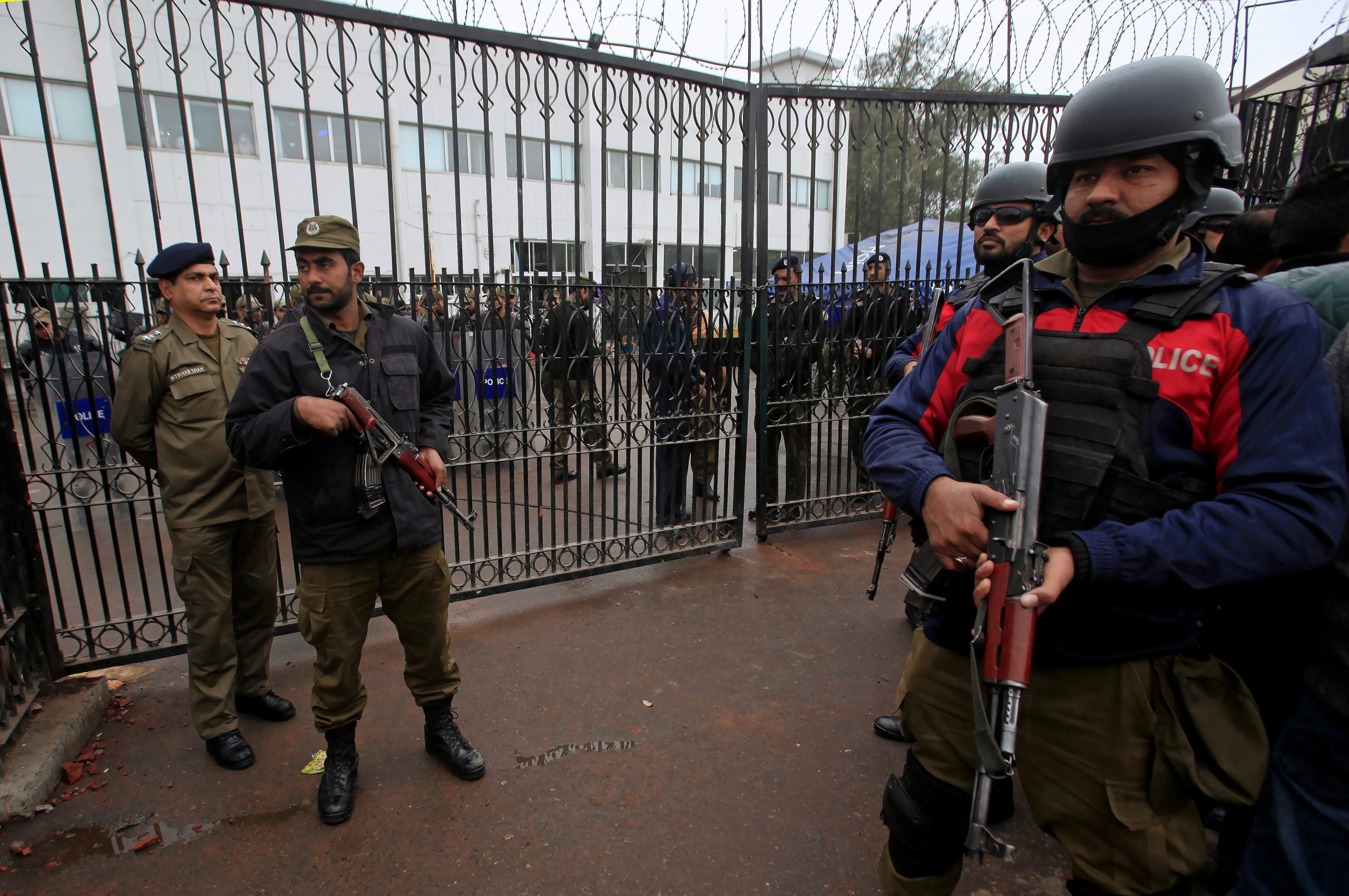G. National security dynamics and challenges for Pakistan.

Pakistan faces a range of national security dynamics and challenges that have significant implications for the country’s stability and well-being. Here are some of the key security dynamics and challenges that Pakistan faces:
- Terrorism and extremism: Pakistan has long been affected by terrorism and extremism, both domestic and external, which has led to widespread violence and instability in the country. The country has been the target of numerous terrorist attacks, including those carried out by extremist groups such as the Taliban and Al Qaeda.
- Internal conflicts: Pakistan also faces internal conflicts, particularly in the province of Balochistan, where separatist groups have been seeking greater autonomy and independence. Additionally, there are ongoing sectarian tensions between Sunni and Shia Muslims in the country.
- India-Pakistan rivalry: Pakistan has a long-standing rivalry with India, which has led to several conflicts between the two countries, including over the disputed region of Kashmir. This rivalry has also led to an arms race between the two countries and has contributed to regional instability.
- Afghan conflict: Pakistan has been deeply affected by the ongoing conflict in Afghanistan, which has spilled over into Pakistan in the form of cross-border terrorism and the movement of refugees. The conflict has also created a complex geopolitical environment for Pakistan, as the country seeks to balance its interests with those of regional and international actors.
- Nuclear proliferation: Pakistan’s nuclear program is a source of both pride and concern for the country. While the program has provided a sense of security for Pakistan, it has also raised concerns about nuclear proliferation and the potential for nuclear conflict.
Addressing these security challenges will require a comprehensive and multi-faceted approach, including efforts to address the root causes of terrorism and extremism, promote dialogue and reconciliation among different ethnic and sectarian groups, improve relations with India and other regional actors, and promote regional cooperation and stability. It will also require a commitment to good governance, rule of law, and respect for human rights, which can help to address the underlying grievances and tensions that fuel conflict and insecurity.